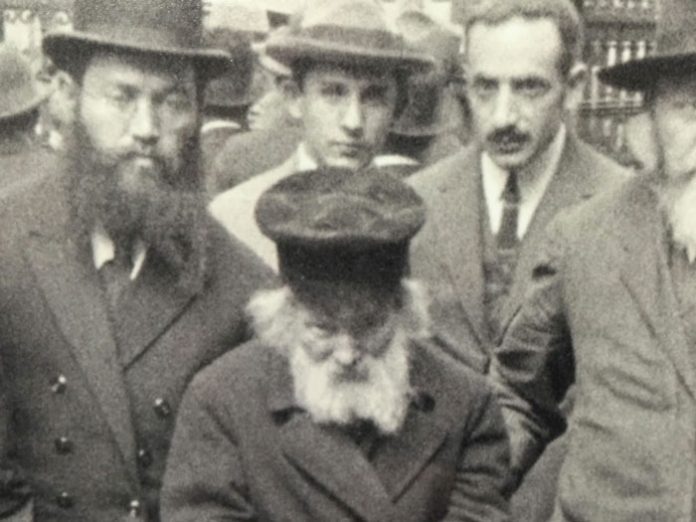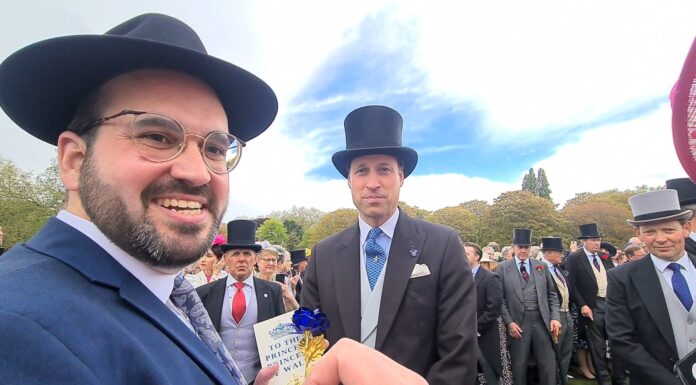There are few gedolim like the Chofetz Chaim (1838-1933), whose influence can be only partly measured by the ubiquity of both his sefarim and his portrait in Jewish homes across the spectrum of Yiddishkeit. A new effort is reviving the institution that the Chofetz Chaim was most greatly associated with, in the town he lived in during his lifetime.
The Radin Yeshivah was founded by the Chofetz Chaim in 1869. In 1912, with a student body numbering over 300, a majestic building was erected to house the great Torah institution.
Tragically, this chapter came to an end with the outbreak of World War II. The Nazis occupied the town in 1941, and immediately herded the Jews into a crowded ghetto. By the end of 1942 there were no Jews left in Radin.
Today, there are no Jews living in Radin, which is now part of the Republic of Belarus. The closest operating Jewish community is several hours away. The former yeshivah building housed a theater and a bar for many years, and is in a general state of disrepair, as is the nearby cemetery where the Chofetz Chaim is interred, as are the rosh yeshivah of Radin, Rav Naftali Trop; the Chofetz Chaim’s brother, who was known as a great tzaddik; and many other great tzaddikim.
Over the past several years, there have been several trips arranged to the site, with the participation of gedolei Yisrael. Those who went were tremendously distressed to see the neglected state that the yeshivah building was in.
Several months ago, a group of activists who were aware of the sad situation in Radin formed the Va’ad L’Hatzalas Yeshivas Radin, with a goal of redeeming the yeshivah building and transforming it into a place of Torah once more.
Rabbi Chaim Mordechai Veiner, director of the Va’ad, related to Ami, “We felt it to be a terrible chillul Hashem that this holy site was sitting in such a disgraceful state of profanity. This is the yeshivah of the saintly Chofetz Chaim himself, the teacher of all klal Yisrael who had such a tremendous impact on us all, and we felt that we could not stand to see it in such a state.”





















